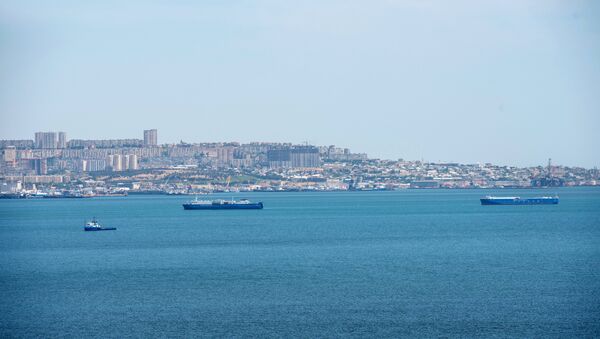The convention, regulating access to water surface and seabed, among other issues, was signed on Sunday by the leaders of Azerbaijan, Iran, Kazakhstan, Russia and Turkmenistan.
"The Secretary-General welcomes the signing of the Convention on the Legal Status of the Caspian Sea by Azerbaijan, Iran, Kazakhstan, Russia and Turkmenistan. This historic document demonstrates the importance of regional cooperation, which is vital for maintaining international peace and security," the spokesman said in a statement issued Monday.
On Sunday, the leaders of five states bordering the Caspian Sea — Azerbaijan, Iran, Kazakhstan, Russia and Turkmenistan — signed the convention regulating the status of the world’s largest landlocked body of water. The document regulates access to the surface water and sea bed as well as various issues, including fishing, pipeline construction and environmental concerns.
The convention, in particular, guarantees the absence of armed forces of non-littoral states from the region. The sea bed and subsoil are divided by neighboring states into areas by relevant agreements and on the basis of international law.
The status of the Caspian Sea, which is rich in hydrocarbon deposits, had been regulated by agreements reached between Iran and the Soviet Union until the dissolution of the latter and following the emergence of five new independent states that would come to border the body of water.



